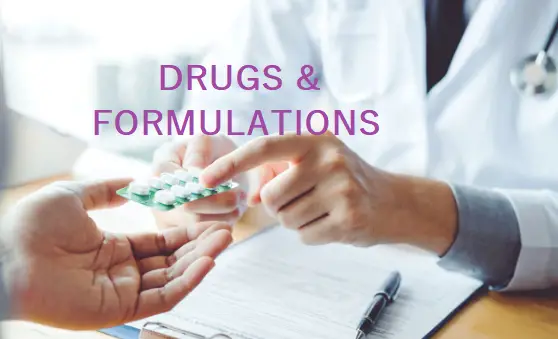Training Requirements for Audit and Routine Practices in Pharmaceuticals

- Each person engaged in the manufacture, processing, packing, or holding of a drug product shall have education, training, and experience, or any combination thereof, to enable that person to perform the assigned functions. Training shall be in the particular operations that the employee performs and in current good manufacturing practice (including the current good manufacturing practice regulations in this chapter and written procedures required by these regulations) as they relate to the employee’s functions. Training in current good manufacturing practice shall be conducted by qualified individuals on a continuing basis and with sufficient frequency to assure that employees remain familiar with CGMP requirements applicable to them.
- Each person responsible for supervising the manufacture, processing, packing, or holding of a drug product shall have the education, training, and experience, or any combination thereof, to perform assigned functions in such a manner as to provide assurance that the drug product has the safety, identity, strength, quality, and purity that it purports or is represented to possess.
- There shall be an adequate number of qualified personnel to perform and supervise the manufacture, processing, packing, or holding of each drug product.
- The manufacturer should provide training in accordance with a written programme for all personnel whose duties take them into manufacturing areas or into control laboratories (including the technical, maintenance and cleaning personnel) and for other personnel as required.
- Besides basic training on the theory and practice of GMP, newly recruited personnel should receive training appropriate to the duties assigned to them. Continuing training should also be given, and its practical effectiveness periodically assessed. Approved training programmes should be available. Training records should be kept.
- Personnel working in areas where contamination is a hazard, e.g. clean areas or areas where highly active, toxic, infectious or sensitizing materials are handled, should be given specific training.
- The concept of quality assurance and all the measures which aid its understanding and implementation should be fully discussed during the training sessions.
- Visitors or untrained personnel should preferably not be taken into the production and quality control areas. If this is unavoidable, they should be given relevant information in advance (particularly about personal hygiene) and the prescribed protective clothing. They should be closely supervised.
- Consultant and contract staff should be qualified for the services they provide. Evidence of this should be included in the training records.
- The manufacturer should provide training for all the personnel whose duties take them into production and storage areas or into control laboratories (including the technical,maintenance and cleaning personnel), and for other personnel whose activities could affect the quality of the product.
- Besides the basic training on the theory and practice of the quality management system and Good Manufacturing Practice, newly recruited personnel should receive training appropriate to the duties assigned to them. Continuing training should also be given, and its practical effectiveness should be periodically assessed. Training programmes should be available, approved by either the head of Production or the head of Quality Control, as appropriate. Training records should be kept.
- Personnel working in areas where contamination is a hazard, e.g. clean areas or areas where highly active, toxic, infectious or sensitizing materials are handled, should be given specific training.
- Visitors or untrained personnel should, preferably, not be taken into the production and quality control areas. If this is unavoidable, they should be given information in advance,particularly about personal hygiene and the prescribed protective clothing. They should be closely supervised.
- The pharmaceutical quality system and all the measures capable of improving its understanding and implementation should be fully discussed during the training sessions.
- The training shall normally include the following, but not limited to
- Safety, personal hygiene & health aspects.
- GMP & GLP
- Functional training related to process, operations of the respective departments & SOPs.
- Gowning & de-gowning procedure.
- Response to emergency situations.
- Functional & cGMP training shall be provided by internal faculty i.e. Department Head / Deputy General Director or Head of QA as per schedule.
- The training to be provided should be one of the following types –
- Induction Training
- On job Training
- cGMP/GLP Training
- External Training
- The means of training may be Slides, Power Point Presentations, SOPs, literatures, practical training, verbal training etc.
- Company may also arrange to send the people for training to seminars, training institutes or may also arrange to impart training by external agencies based on training need.
- The training will be assessed by means of oral or written test or by means of practical demonstration to judge the skills involved on the job. If the individual is found to be deficient (less than 70 %) in understanding the training given; he / she shall be RETRAINED.
